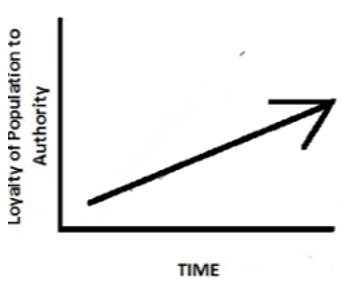The Book of Job
Abstract
The article analyzes the biblical Book of Job, arguing it was created by hunter-gatherer societies as a manual for controlling agricultural populations. The unique structure of prose and poetic dialogues reflects a process of punishment, training, and reward used to alter human behaviour over generations. References to a "dragon" symbolise nomadic warriors manipulating Job. Passages displaying advanced knowledge of astronomy and biology reflect the sophistication of hunter-gatherers. The text monitors Job's evolving reactions to suffering, showing how pain can transform loyalty. This implies the Book of Job was a systematic blueprint for "domesticating" humans. If true, hunter-gatherers had techniques for manipulating agricultural communities during the Bronze Age, radically altering our understanding of early civilizations. The article asserts that the Book of Job provides evidence of hunter-gatherer societies actively shaping the development of farming populations in profound and currently unrecognised ways.
